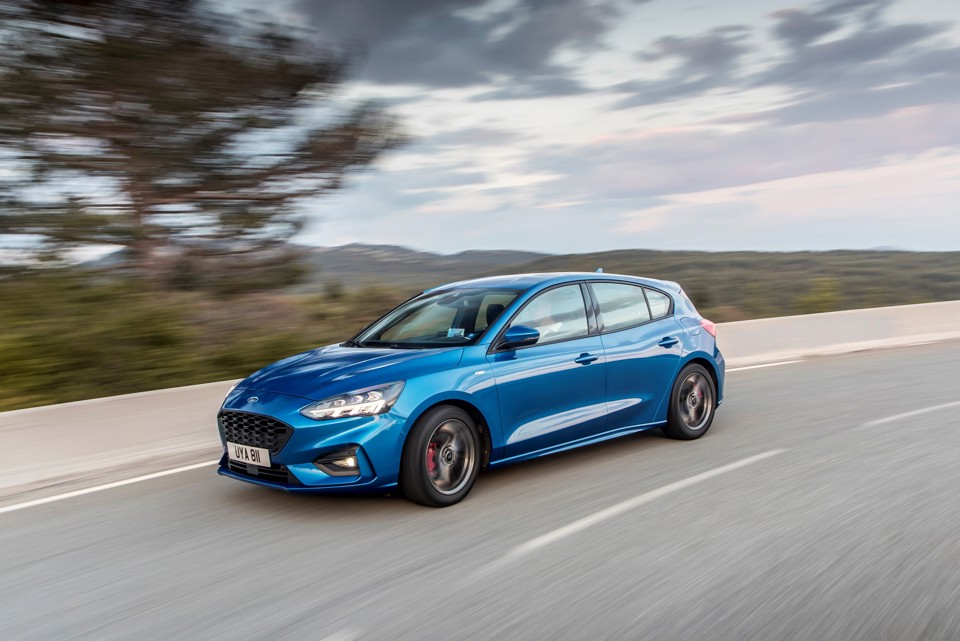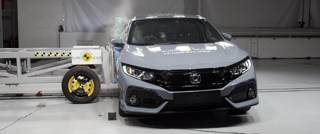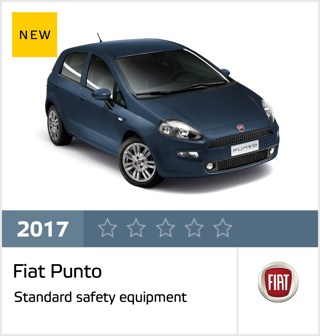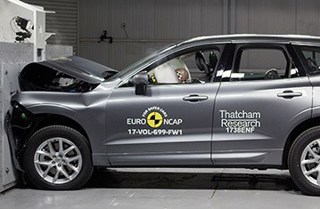The new Volvo XC40 and Ford Focus have each achieved the maximum five-star Euro NCAP safety rating in testing for Euro NCAP in July.
With the XC40, assessed by Thatcham Research, Volvo has entered the fast-growing Small SUV segment for the first time, achieving one of the highest Adult Occupant Protection scores (97%) seen in the past three years.
Matthew Avery, Thatcham’s director of research, said: “This is yet another benchmark car from Volvo. The XC40 is built on Volvo’s new small vehicle platform, but there are no signs of compromise on safety, despite the challenges this segment presents to delivering optimal crash protection.
“Not only has the Volvo XC40 registered one of the highest adult occupant protection scores of the past three years, but it has done so in Euro NCAP’s toughest tests to date and all in a small package.”
Meanwhile, Ford’s 85% rating for adult occupant protection means the Ford Focus offers solid performance in the event of a crash. It also achieved an impressive safety assist score – rating highly for standard-fit crash avoidance technology.
Avery said: “The Ford Fiesta was the only car of five launched in 2017 by Ford that achieved more than a three-star Euro NCAP rating.
“It’s refreshing that Ford has upped its safety game for a likely top 10 seller like the Focus. The one disappointment was seeing lost points for protection against whiplash – the most common injury sustained in impacts.”
In comparison, the average Adult Occupant Protection score across the five cars released by Ford in 2017 was 76%.
Ford and Volvo’s emphasis on preventing life-threatening collisions with pedestrians and cyclists, via the addition of sophisticated standard-fit Autonomous Emergency Braking (AEB) systems, has been welcomed by Euro NCAP and Thatcham Research.
Avery said: “Reducing the number of accidents involving pedestrians and cyclists is a key focus for Euro NCAP.
“Volvo and Ford should be congratulated for signalling a clear intent to support this aim, by fitting pioneering AEB technology which can handle the unique demands of detecting our most vulnerable road users.”
Michiel van Ratingen, secretary general of Euro NCAP, said: “It’s good to see that manufacturers, both in the premium sector and the volume market, are responding to our tough new requirements introduced in 2018 by fitting technologies that will save lives.
“Technologies like AEB and ELK deliver immediate safety benefits but they are also enabling technologies for the autonomous vehicles of the future. Euro NCAP’s roadmap sets a series of demanding tests for each of these ‘milestone’ technologies seeking to ensure that their performance saves lives today as well as tomorrow.”
In addition to existing 'full overlap' impact scenarios, 'offset’ collisions were introduced into the Euro NCAP AEB regime for 2018, broadening the scope of testing to encompass more real-world crash situations.
Full overlap refers to all of the front of a car impacting with all of the rear-end of another, while offset scenarios test AEB performance where only a portion of a car’s rear-end becomes a collision threat.
Avery explained: “This year, we have introduced an offset target into AEB testing. We can now assess a wider range of front to rear-end impact scenarios, for example those that occur while navigating a roundabout.
“In this situation, an early AEB system might assume that a car which is out of alignment will continue to move out of the way and is therefore not a collision threat. It’s a challenging scenario for any AEB system, but both the Ford Focus and Volvo XC40 showed strong performance in the new tests.”




















Login to comment
Comments
No comments have been made yet.